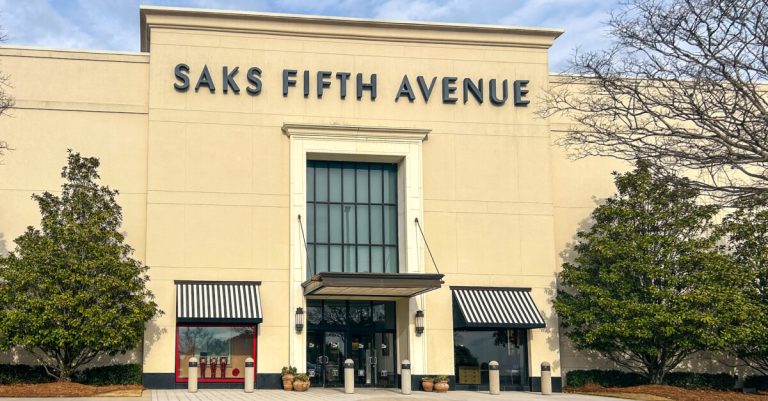Afraid of needles? Promising nasal COVID-19 vaccine tested at UAB moving forward
Reading time: 3 minutes

We are all preparing for it. Hopefully, very soon, we might expect to roll up our sleeves and take a shot – get vaccinated, so we can defeat the COVID-19 global pandemic.
But, how about avoiding the needles, syringes and more importantly refrigeration that comes with the newly proposed vaccines? Can a vaccine be delivered via your nose?
Thanks to preclinical research and testing at UAB, we are about to find out.
Collaboration
On March 30th, UAB, in collaboration with biopharmaceutical company Altimmune, Inc., launched preclinical testing of a potential vaccine to prevent the COVID-19 virus.
UAB investigated immune responses to the vaccine in mice — a key step before the Altimmune can begin a Phase 1 human safety and immunogenicity trial in patients. The COVID-19 vaccine they tested is called AdCOVID, a single-dose vaccine candidate that is delivered by an intranasal spray.
Since the spring, twenty-four researchers from six labs at UAB and eight researchers at Altimmune tested the potential COVID-19 vaccine.
Submitted to FDA
This week, supported by UAB’s research and testing, Altimmune has submitted an Investigational New Drug, or IND, application to the Food and Drug Administration to commence a Phase 1 clinical study of AdCOVID.
Intranasal vaccination (nose spray) is an attractive strategy. The nasal mucosa represents the first barrier to SARS-CoV-2 into your body before viral spread to the lung. In contrast, current intramuscular-formulated vaccine (taken via a shot) candidates, elicit systemic immunity without conferring mucosal immunity.

According to Dr. Fran Lund, leader of the UAB preclinical work, Chair for the UAB Department of Microbiology, “It’s not widely known or appreciated that nasal mucosal immunity may be essential in preventing the spread of the SARS-CoV-2 virus to other individuals by stopping replication and transmission of the virus at the site of infection — the nose and respiratory tract. Several recent studies have shown that, in the absence of mucosal immunity, the nasal cavity may become a reservoir for the coronavirus, particularly in children, potentially allowing for disease transmission even after an intramuscular vaccination.”
UAB and Altimmune identified other potential benefits from the vaccine:
- The vaccine should block transmission to other people. If so, it will not only keep people from getting sick but it would prevent individuals from spreading it.
- It won’t require refrigeration. The vaccine can be stored at stable room temperature.
- No need for needles and syringes or medical personnel to administer.
Next Steps

With FDA approval, Altimmune expects to begin Phase 1 clinical trials on people in December.
“We’ve made exceptional progress advancing AdCOVID and are on track to begin a Phase 1 clinical study this year, with a data readout anticipated in the first quarter of 2021,” said Vipin Garg, Ph.D., president and chief executive officer of Altimmune.
There is no word yet on whether the Phase 1 trials will be available in the Birmingham region.
Let’s hope Phase 1 is successful. Thanks to the hard work of UAB researchers, we are a step closer to defeating this deadly virus.
Stay tuned for updates at Bhamnow.com



